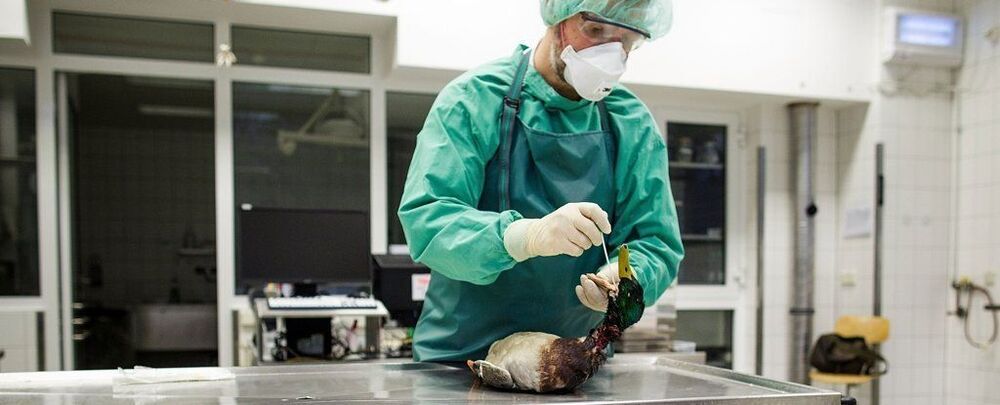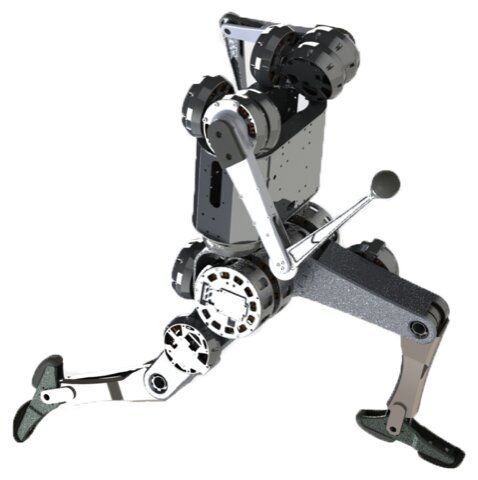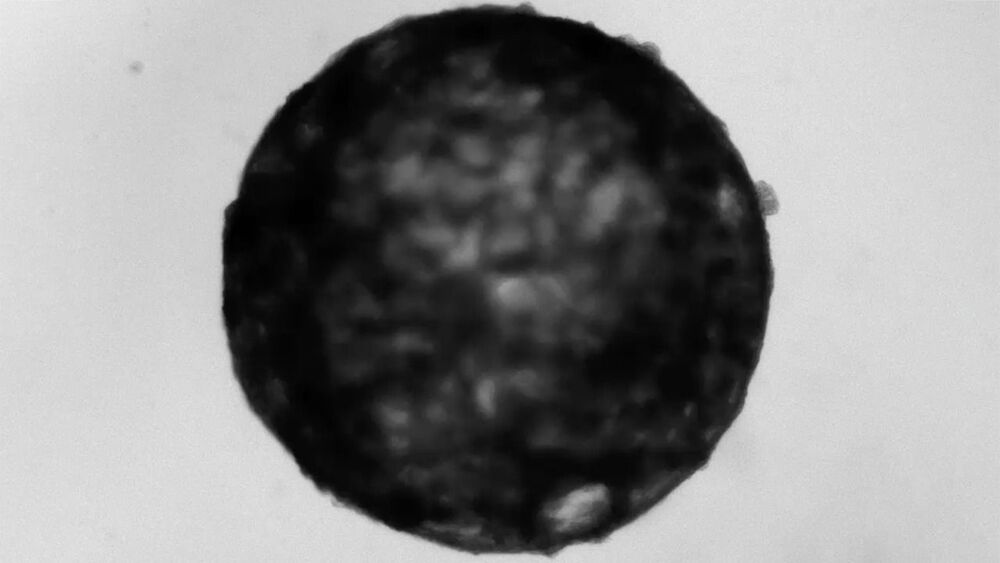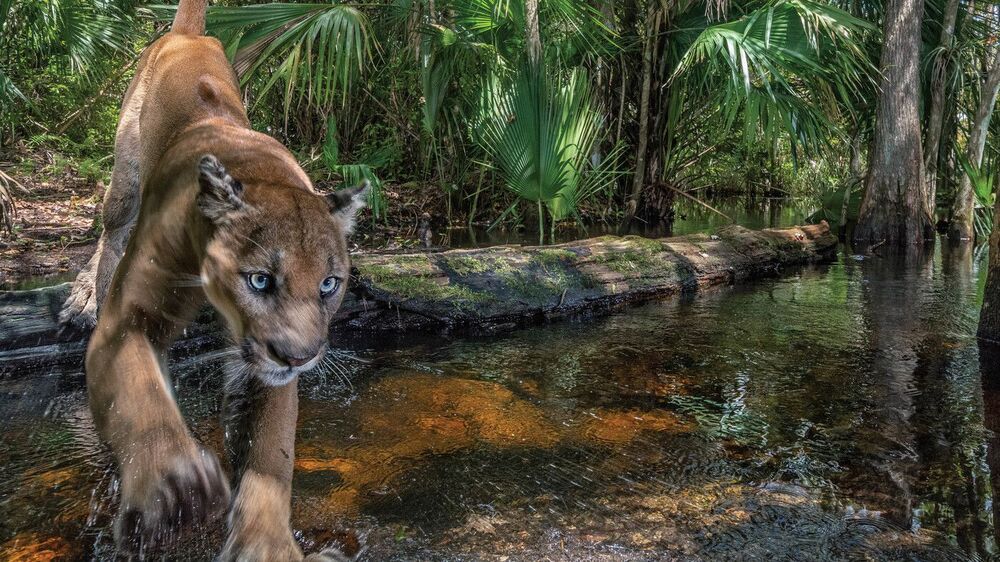Mutations in the RAB39B gene cause X-linked intellectual disability (XLID), comorbid with autism spectrum disorders or early Parkinson’s disease. One of the functions of the neuronal small GTPase RAB39B is to drive GluA2/GluA3 α-amino-3-hydroxy-5-methyl-4-isoxazolepropionic acid receptor (AMPAR) maturation and trafficking, determining AMPAR subunit composition at glutamatergic postsynaptic neuronal terminals. Taking advantage of the Rab39b knockout murine model, we show that a lack of RAB39B affects neuronal dendritic spine refinement, prompting a more Ca2+-permeable and excitable synaptic network, which correlates with an immature spine arrangement and behavioural and cognitive alterations in adult mice. The persistence of immature circuits is triggered by increased hypermobility of the spine, which is restored by the Ca2+-permeable AMPAR antagonist NASPM.








